Please fill in some of the data provided below to receive the latest Toyota-related news and information in your email.

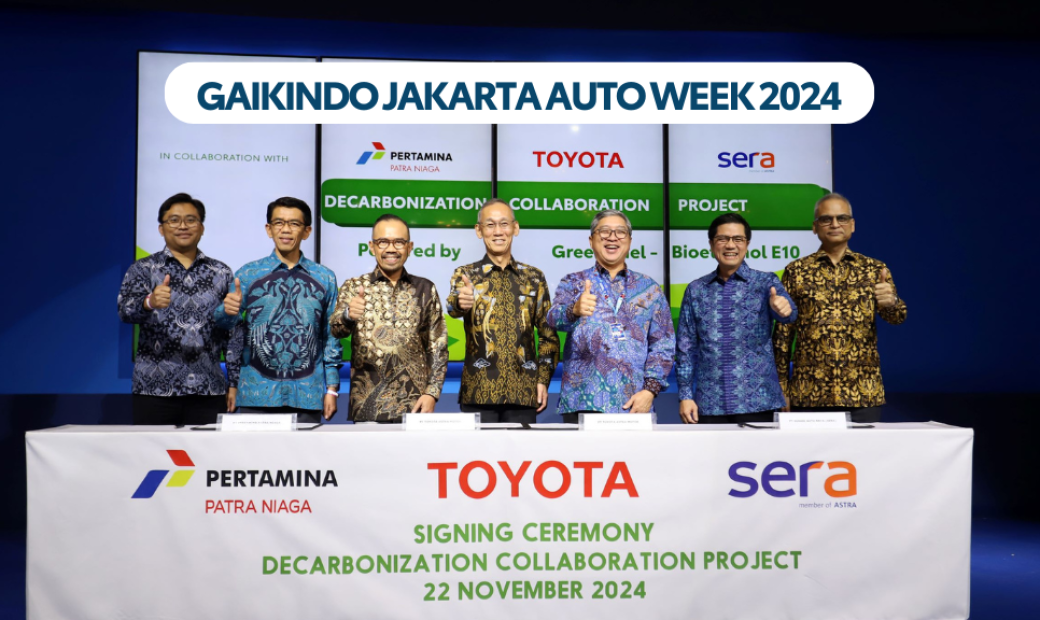
Tangerang (22/11) – PT Toyota-Astra Motor (TAM) showcases a comprehensive lineup of environmentally friendly vehicles at the GAIKINDO Jakarta Auto Week (GJAW) 2024, held at Hall 5A, ICE BSD City, Tangerang – Banten, from November 22 to December 1, 2024. Through the implementation of its Multi-Pathway Strategy, Toyota aims to enhance public contributions toward carbon neutrality by offering a wide range of eco- friendly mobility solutions. Aligned with Indonesia's Net Zero Emission 2060 program, Toyota leverages the Toyota Environmental Challenge 2050 as a global framework to achieve carbon neutrality.
The electrification technologies presented include Hybrid Electric Vehicles (HEVs), Plug-In Hybrid Electric Vehicles (PHEVs), Battery Electric Vehicles (BEVs), and Fuel Cell Electric Vehicles (FCEVs). The lineup also includes locally manufactured models such as the Kijang Innova Zenix HEV and Yaris Cross HEV.
Additionally, Toyota features the Flexy Fuel Vehicle (FFV), capable of utilizing renewable alternative energy, alongside the multi-purpose commercial vehicle conversions of the Hilux Rangga and the GAZOO Racing (GR) family.
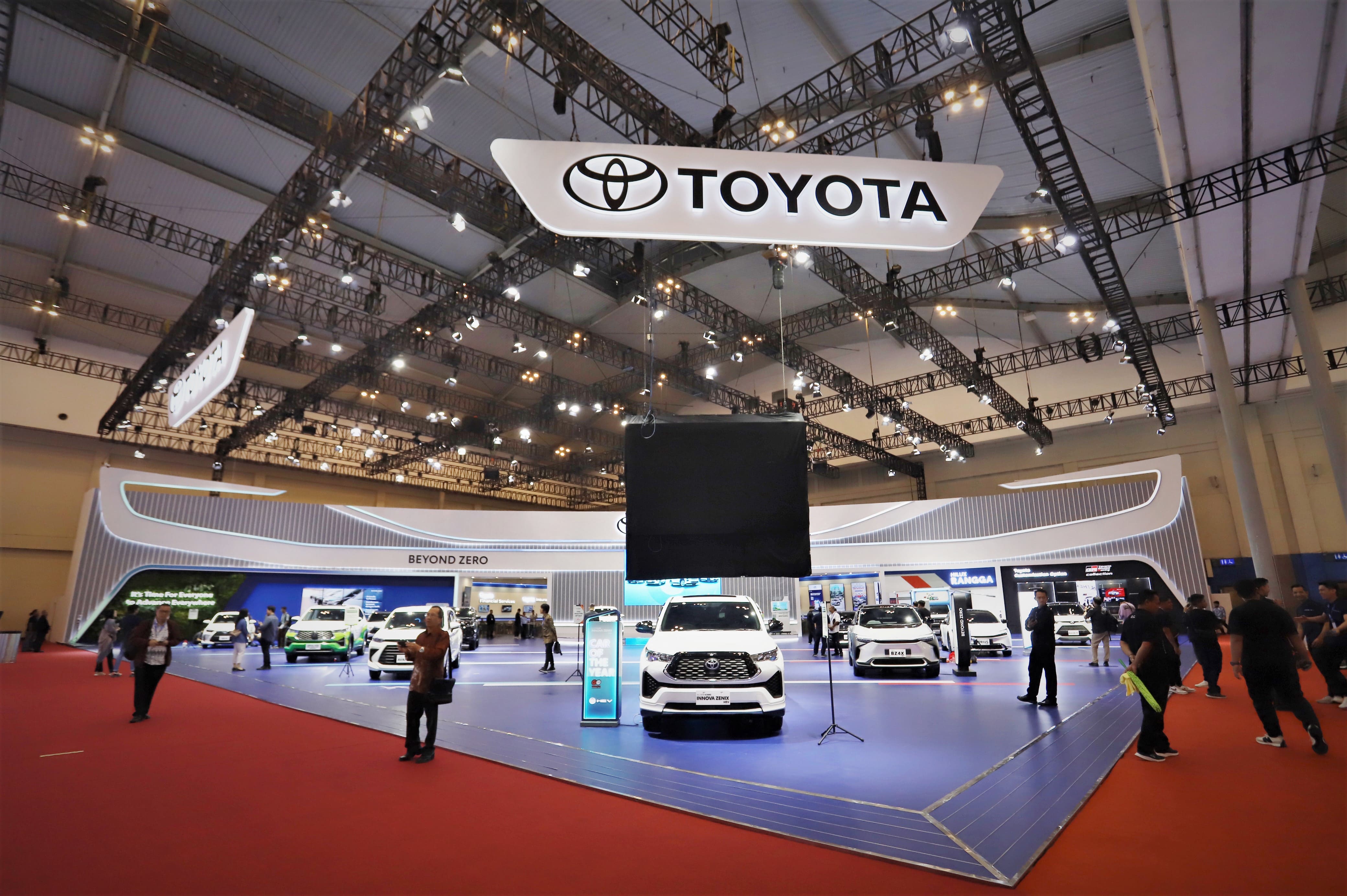
“In line with Indonesia’s Net Zero Emission (NZE) Roadmap, Toyota is showcasing a complete range of environmentally friendly technologies at the GAIKINDO Jakarta Auto Show 2024. This includes FCEVs powered by pure hydrogen for zero emissions, expanding support for renewable energy adoption, and developing FFVs to support low-emission mobility using biofuel-based alternative energy,” stated Hiroyuki Ueda, President Director of PT Toyota-Astra Motor (TAM).
Toyota leads in electrified vehicle sales, achieving retail sales of 33,336 units from January to October 2024, an increase of approximately 27% compared to the same period in 2023. Notably, 80% of these sales are contributed by locally produced electrified models.
Beyond its products, Toyota contributes to carbon neutrality through eco-friendly production processes under its green manufacturing initiatives.
“Toyota Indonesia is committed to implementing eco-friendly production processes or green manufacturing to preserve nature in all areas where Toyota operates, from headquarters to production facilities. This commitment includes producing low- emission vehicles, establishing sustainable supply chains, building low-carbon production facilities, reducing water consumption, recycling waste, and fostering harmony between communities and the natural environment,” said Nandi Julyanto, President Director of PT TMMIN.
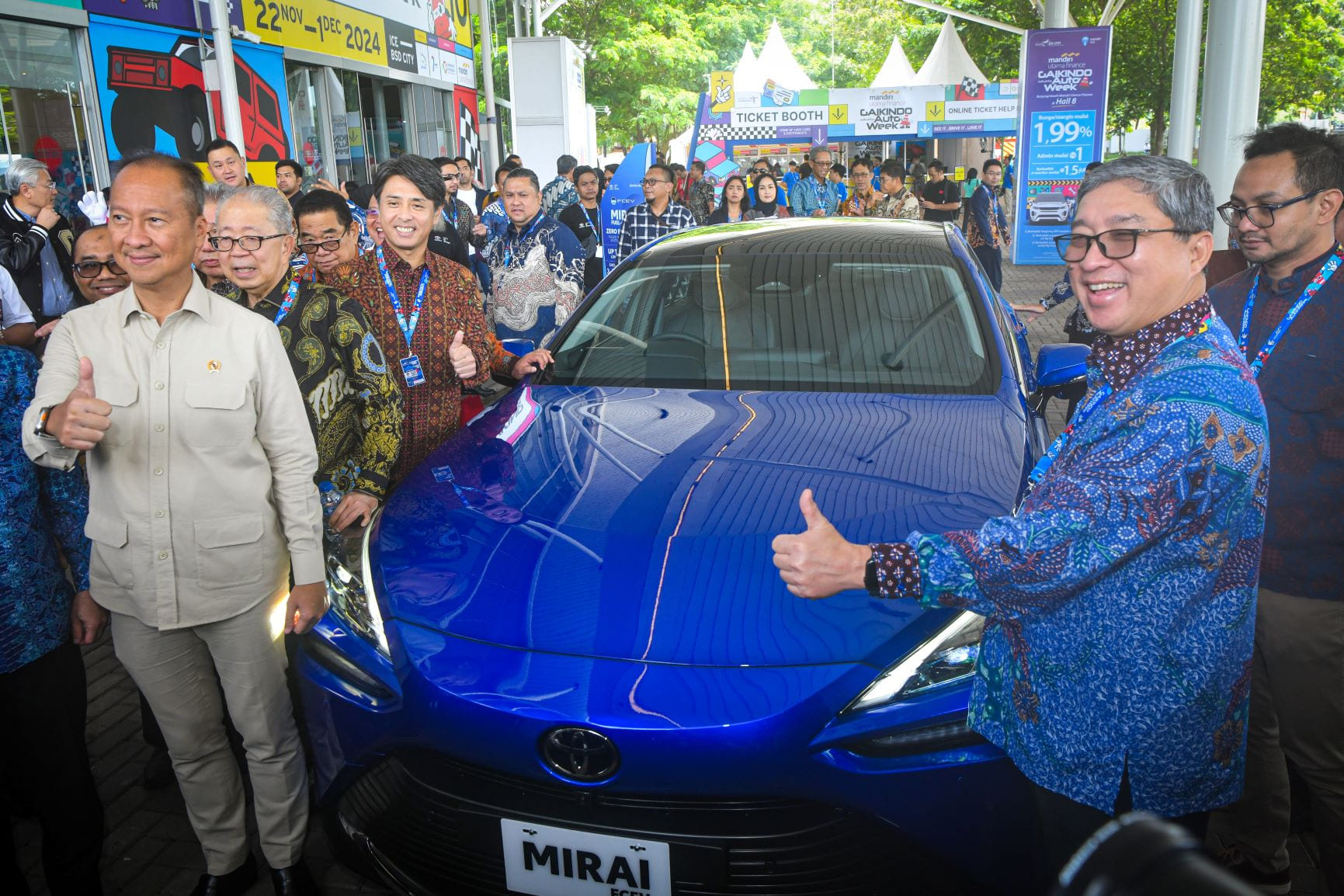
Debut of the Mirai Gen-2 FCEV in Indonesia
At GJAW 2024, Toyota presents the Mirai Gen-2 FCEV, which utilizes pure hydrogen as an energy source for its electric motor, ensuring zero emissions with only water vapor as a byproduct and the characteristic silence of electric vehicles. This technology can also be applied to other modes of transportation, as well as energy sources for industries, companies, and households.
FCEVs rely on renewable energy sources abundantly available in nature that can be processed into hydrogen gas. With its numerous advantages, FCEV emerges as a future mobility solution for Indonesia. The country's rich natural resources for hydrogen gas production offer an opportunity to reduce fossil fuel usage.
Toyota reaffirms its commitment to supporting Indonesia’s energy transition program, targeting a 34% increase in renewable energy usage by 2030 as part of the journey toward Net Zero Emissions by 2060. Through its Multi-Pathway Strategy, Toyota introduces FCEVs as a response to these policies, alongside HEV, PHEV, and BEV technologies that have been positively received by the public.
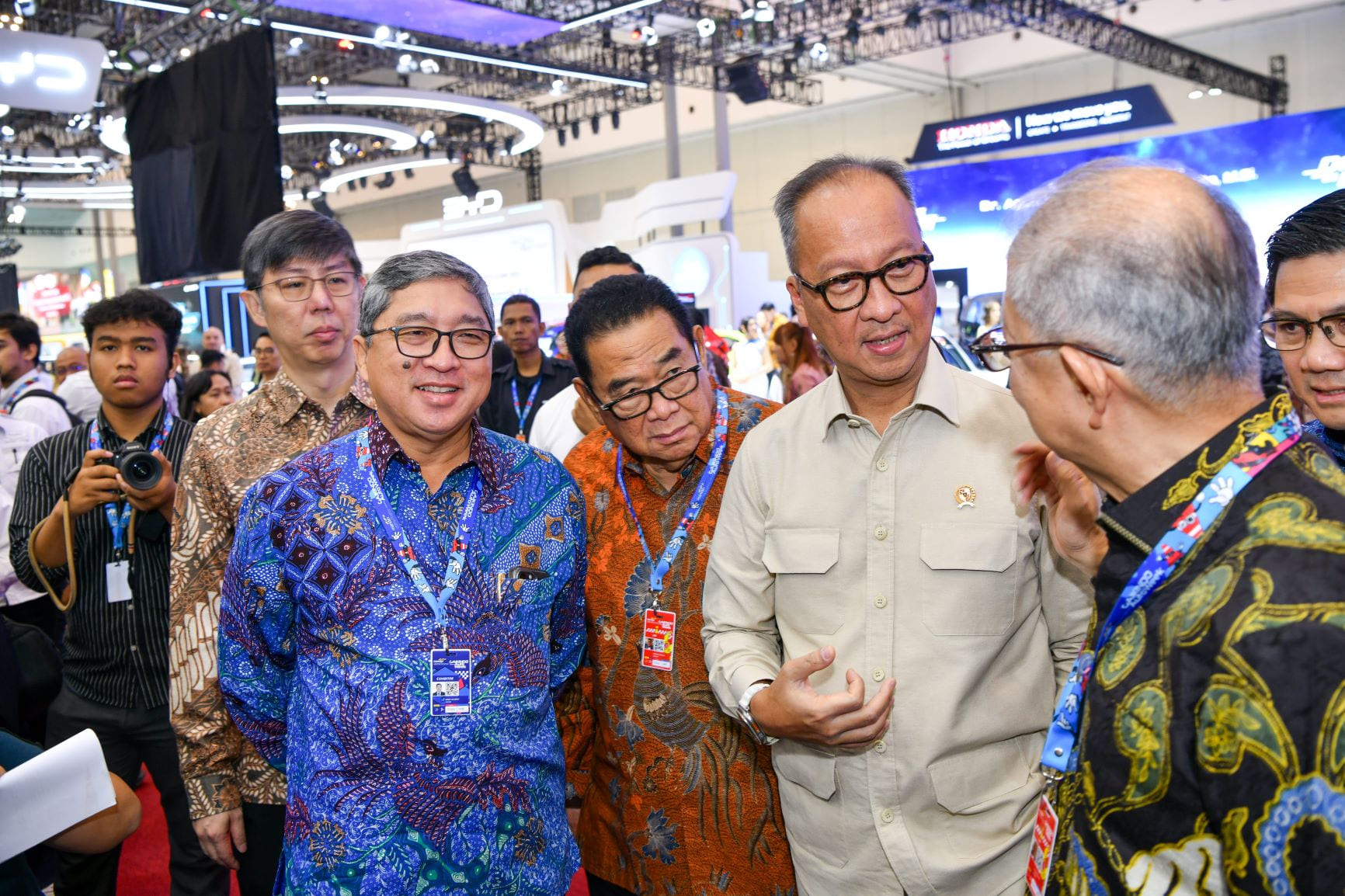
Toyota Vehicles Ready for Renewable Energy Integration
With the principle of "No One Left Behind," Toyota showcases the Kijang Innova Zenix HEV FFV, combining hybrid technology with renewable energy sources to accelerate emission reduction through various methods. Additionally, the Fortuner FFV represents diesel models with internal combustion engines (ICE) capable of using ethanol, offering a broader range of options to reduce fossil fuel consumption.
One of the strategies to optimize renewable energy potential in Indonesia is through bioethanol initiatives. Bioethanol can be produced from crops such as sugarcane, sorghum, corn, and cassava, depending on the country’s available resources. This approach not only reduces emissions but also supports the livelihoods of Indonesian farmers.
“Ethanol is a fuel of the future that fosters a positive cycle, with increased bioethanol production benefiting farmers. This supports economic growth and contributes to farmers' welfare, creating a balance between economic sustainability and environmental conservation in the future,” said Bob Azam, Vice President Director of PT TMMIN.
“All Toyota models are designed to utilize bioethanol-blended fuel up to certain levels (E10). This ensures that customers can confidently use alternative fuels, reducing emissions while boosting economic activity through renewable fuel production,” added Henry Tanoto, Vice President Director of PT TAM.
To deliver Total Mobility Solutions, PT TAM collaborates with Pertamina Patra Niaga and Serasi Autoraya (SERA) to trial Toyota vehicles using E10 bioethanol. This partnership aims to assess emission reductions, operational cost savings, vehicle engine conditions after using this fuel, and the benefits of integrating bioethanol into real-world business ecosystems.
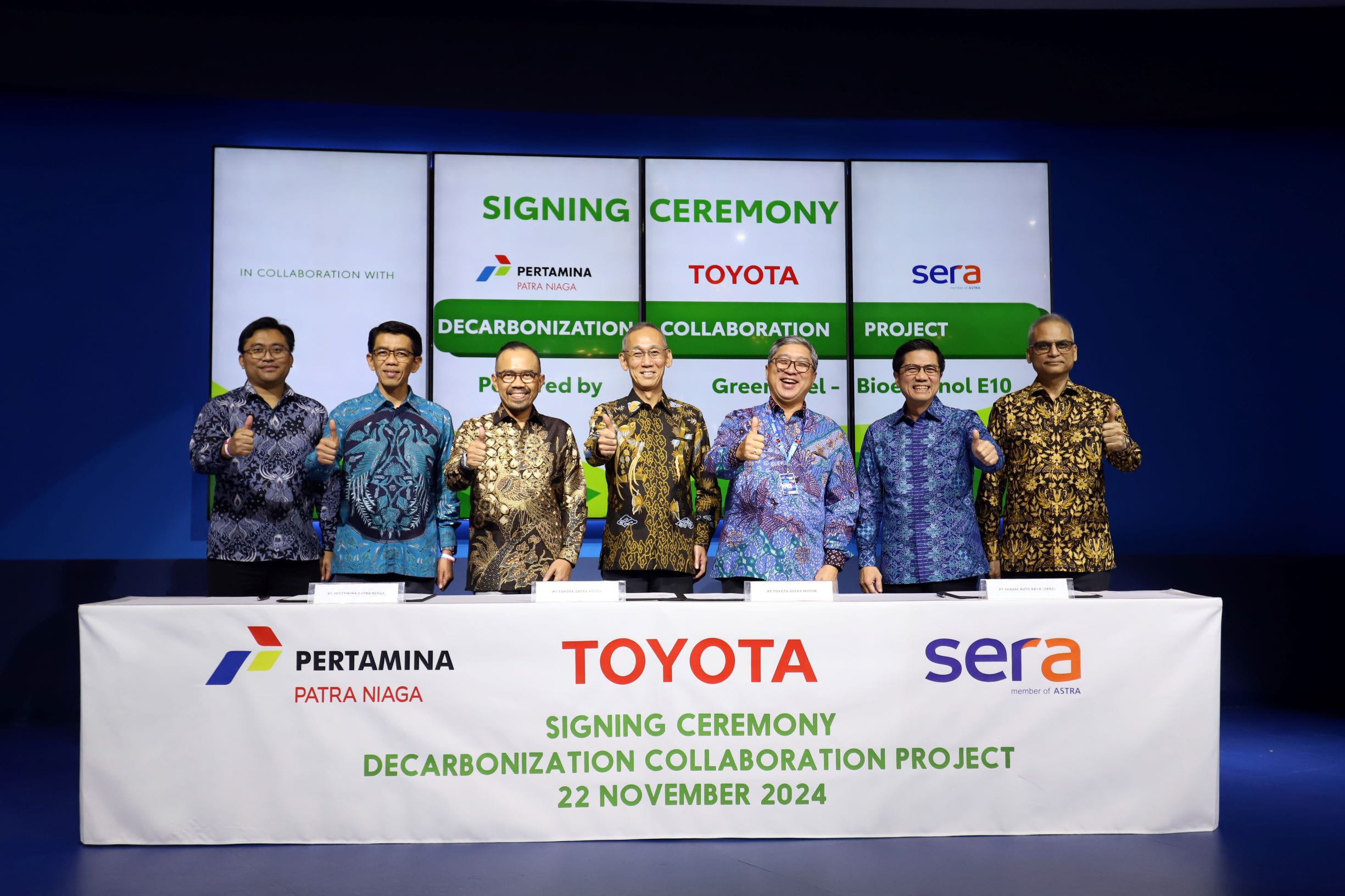
Media/Journalist Contact : [Memuat email...]
Non Media / Non Journalist Contact : [Memuat email...]

© 2024 Toyota Motor Manufacturing Indonesia. All Rights Reserved.
